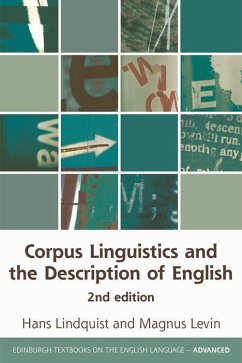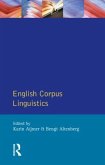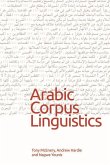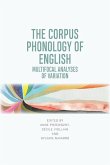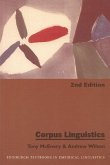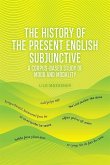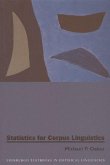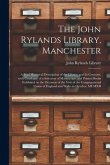Praise for previous edition: "An excellent book for anyone wishing to become acquainted with corpus linguistics and its wide range of applications." Marlies Gabriele Prinzl, LINGUIST list "...offers informative and exciting step-by-step analyses that demonstrate how to use electronic corpora and what linguists can do with the results." Stacey Wizner, Qatar University, Corpora A lively hands-on introduction to the use of electronic corpora in the description and analysis of English - revised and updated Key features include: - New coverage on social media, DIY corpora and ethical concerns - New material on metonymy and pragmatics - Updated example investigations, corpus exercises and study questions - Examples of how to create your own corpus data - Information on new corpora with accompanying links The second edition of this successful text provides an ideal introduction for university students of English at the intermediate level. Students planning papers, dissertations or theses will find the book a particularly valuable guide. After introducing corpora and the rationale and basic methodology of corpus linguistics, the authors present a number of recent case studies providing new insights into vocabulary, collocations, phraseology, metaphor and metonymy, syntactic structures, male and female language, and language change. A final chapter shows how the web and social media can be used as a source for linguistic investigations and contains information on how to compile your own corpus. Each chapter includes study questions, exercises and updated suggestions for further reading.
Hinweis: Dieser Artikel kann nur an eine deutsche Lieferadresse ausgeliefert werden.
Hinweis: Dieser Artikel kann nur an eine deutsche Lieferadresse ausgeliefert werden.
